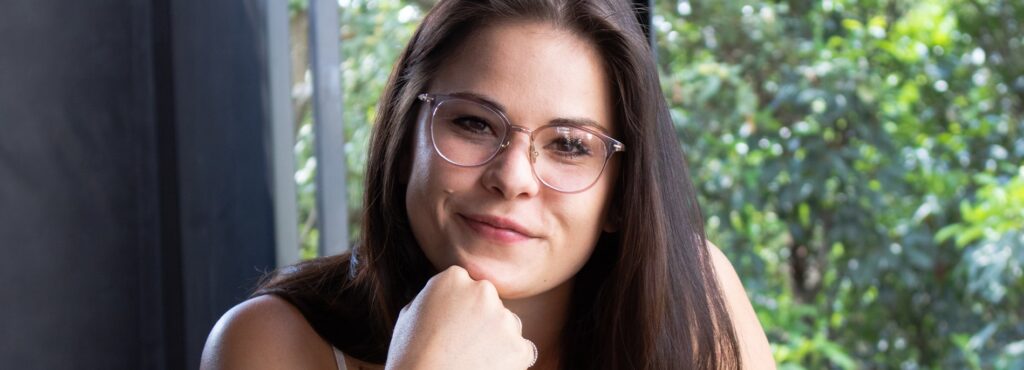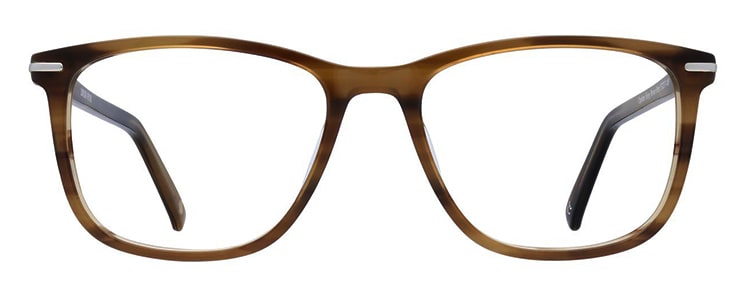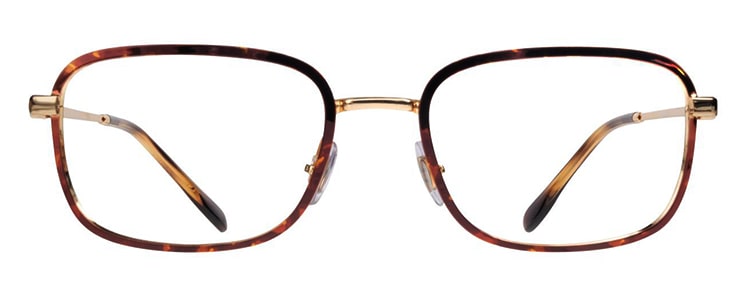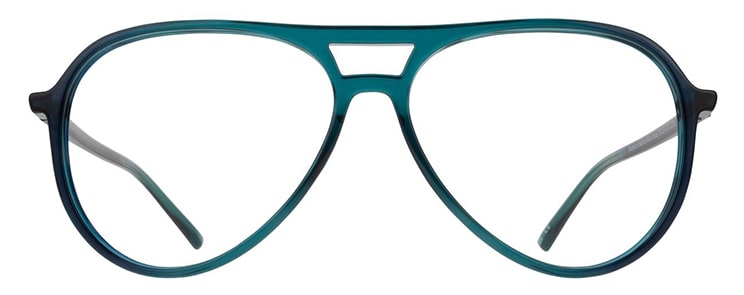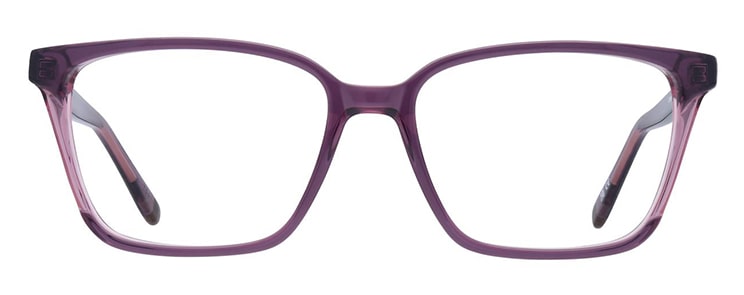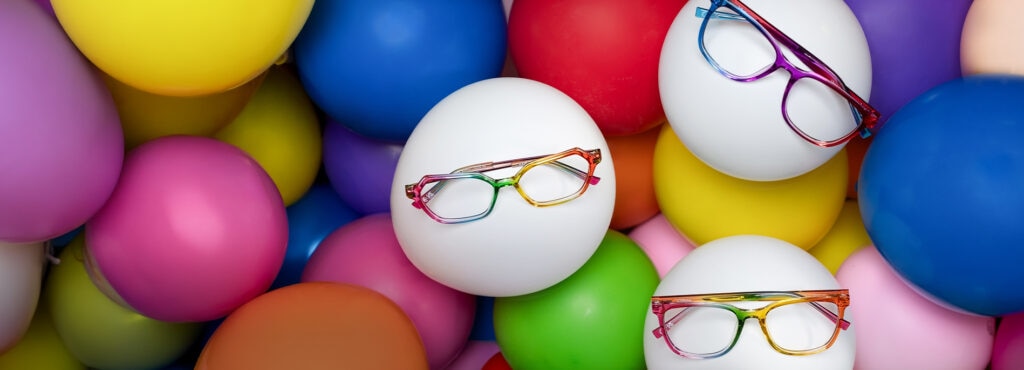While most of the world celebrates the rarity of blue eyes and their angelic qualities, brown eyes are often unappreciated, despite being equally captivating in their own way. Just ask Van Morrison!
Seen as trustworthy, brown is actually one of the warmest and most inviting eye colours an individual can have. In this blog post, we’ll reveal some exciting facts and delve into the distinctive qualities of this eye colour.
How common are brown eyes?
Brown is the most common eye colour worldwide but the amount of people who have it varies significantly depending on where you are located. Mostly people of African and Asian descent have dark brown eyes. This eye colour is also very common amongst Middle Eastern and American communities. Meanwhile, around 20% of people in the UK have dark or light brown eyes. If you include hazel, it’s around a third of the UK population.
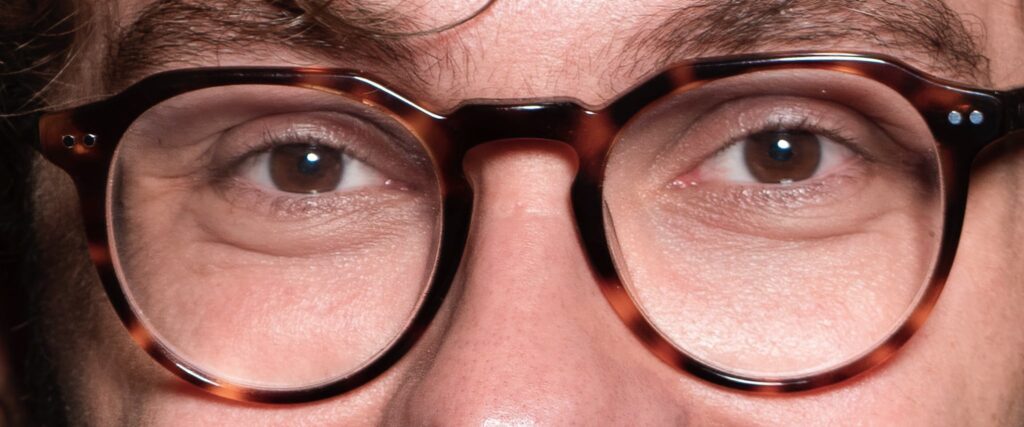
What causes your eyes to be brown?
Your eye colour depends on how much of the pigment known as melanin is present in the iris of your eye. This is the same pigment that decides how light or dark your hair colour and skin tone are.
The iris consists of two layers. In most individuals, the back layer has some brown pigment in it whether your eyes are brown or not. The difference is that for individuals with a brown eye colour, the front layer also has some of this brown pigment. Higher levels of melanin result in darker-coloured eyes.
What different variations of brown can your eyes be?
Brown eyes come in a variety of different shades. Some people have paler eyes whilst others have a deeper coffee colour.
Variations in eye colour are caused by the amount of melanin in your eye. As you probably know, people with very little melanin have blue eyes or other lighter colours. The more melanin present, the darker your eyes will be. Therefore, people with a medium concentration of melanin will have hazel or light brown-coloured eyes. A high level of melanin will cause your eyes to appear medium to dark brown.
Brown vs. hazel eyes
Hazel eyes either have brown or green as the dominant colour in the iris. This is what can make it difficult to identify the difference between brown and hazel eyes because they are similar in many ways. Despite this, there is an easy way to tell them apart. Hazel eyes are not one solid tone, instead they are recognised for having a combination of colours in different parts of the eye.
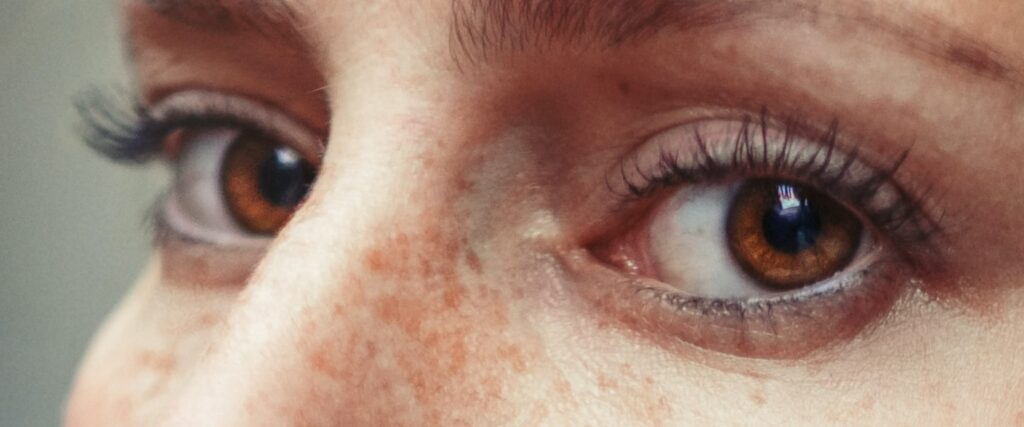
How do you inherit this eye colour?
As we know, eye colour is an inherited characteristic. It was once believed by scientists that eye colour was determined by genes from both your parents. Since the gene for brown is dominant over blue, they thought two blue-eyed parents were not able to have a child with a brown eye colour. However, we now realise there is far more to this. Your eye colour relies on up to 16 genes that cause melanin to be produced in the iris. For this reason, it’s actually possible for children in one family to have varying eye colours. They can even have different coloured eyes to their parents.
What health risks are associated with this eye colour?
The good news is, people with brown eyes are less at risk of age-related macular degeneration (AMD) and diabetic retinopathy than people with lighter-coloured eyes. However, research has also found that people with darker eyes are more likely to develop cataracts. You can read more about these eye conditions in our eye health hub.
No matter what eye colour you have, it’s essential that you protect yourself and keep your eyes healthy. Make sure you book frequent eye tests and have the correct eyewear. It’s also important that you wear sunglasses to shield your eyes from UV radiation when outdoors.
What glasses complement my brown eye colour?
Eye colour can vary from light to dark. Either way, brown eyes are best suited to warmer tones, therefore, we would recommend a pair of brown, green or tortoiseshell glasses. A light gold, meanwhile, will brighten your complexion and give you a stylish, approachable appearance. If you’re keen to stand out from the crowd, then a vibrant purple or blue colour is perfect.

